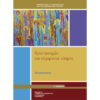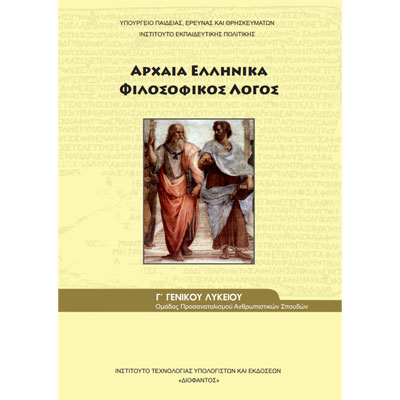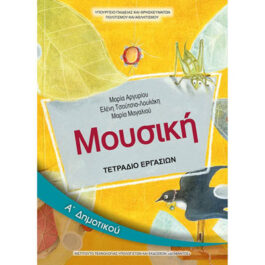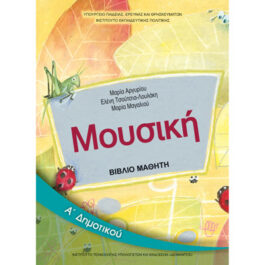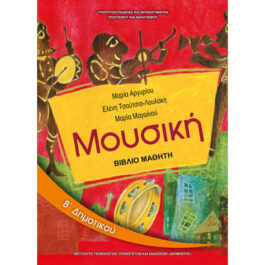Ancient Greek C Lyceum Philosophical Speech
Original price was: 3,29 €.2,90 €Current price is: 2,90 €.
Description
Ancient Greek C Lyceum Philosophical Speech
The "Greek miracle". For several centuries, European philology and European historiography treated the ancient Greek past as a "miracle". The glorious period from about the 8th to the 4th century BC. it dazzled those who came into contact with Homer's epics, lyric poetry, the tragic and comic works of Athens, with philosophy from Thales to Aristotle, with sculpture and architecture, with rhetoric and political thought. What was mainly surprising was not so much the genius of one or another poet, the talent of one or another artist, the depth and originality of the thought of one or another thinker, as the very fact of the emergence of ways of thinking and expression unique up to that moment in human history. But a "miracle" is something we are unable to interpret, a phenomenon whose causes are considered supernatural, an event beyond the limits of human understanding. The contribution of the Greeks to human civilization is indeed unique, it is indeed wonderful, but treating it as a miracle, that is, as something inexplicable, is, if nothing else, an attitude that invalidates the very Greek contribution to human thought. Because what the Greeks mainly offered to civilization is the search for "natural" and not "supernatural", logical and not arbitrary causes in the phenomena of nature and history.
Already in the works of Homer, these first monuments of the Greek language and Greek poetry, we observe a significant differentiation in relation both to the Mycenaean past (as we can restore it through the findings of archeology) and to the traditions of other peoples of the Middle East: for the most important characteristic of Homeric epic poetry is the fact that, while it moves within the framework of traditional religion, it also tends to remove the mysterious and promote logical relationships.
A "miracle", then, but a miracle created by people and by historical circumstances, Greek thought can and should be the object of the critical thinking of younger people to the same extent that it can and should be a constant source of inspiration.
Date of issue: August 2016
Cover page: Soft cover
Pages: 200
Additional information
| Dimensions | 24 × 17 cm |
|---|---|
| PUBLICATIONS | ITYE Diofantos |
| AUTHORS | Plato: M.Z. Kopidakis, Elena Patrikiou |


